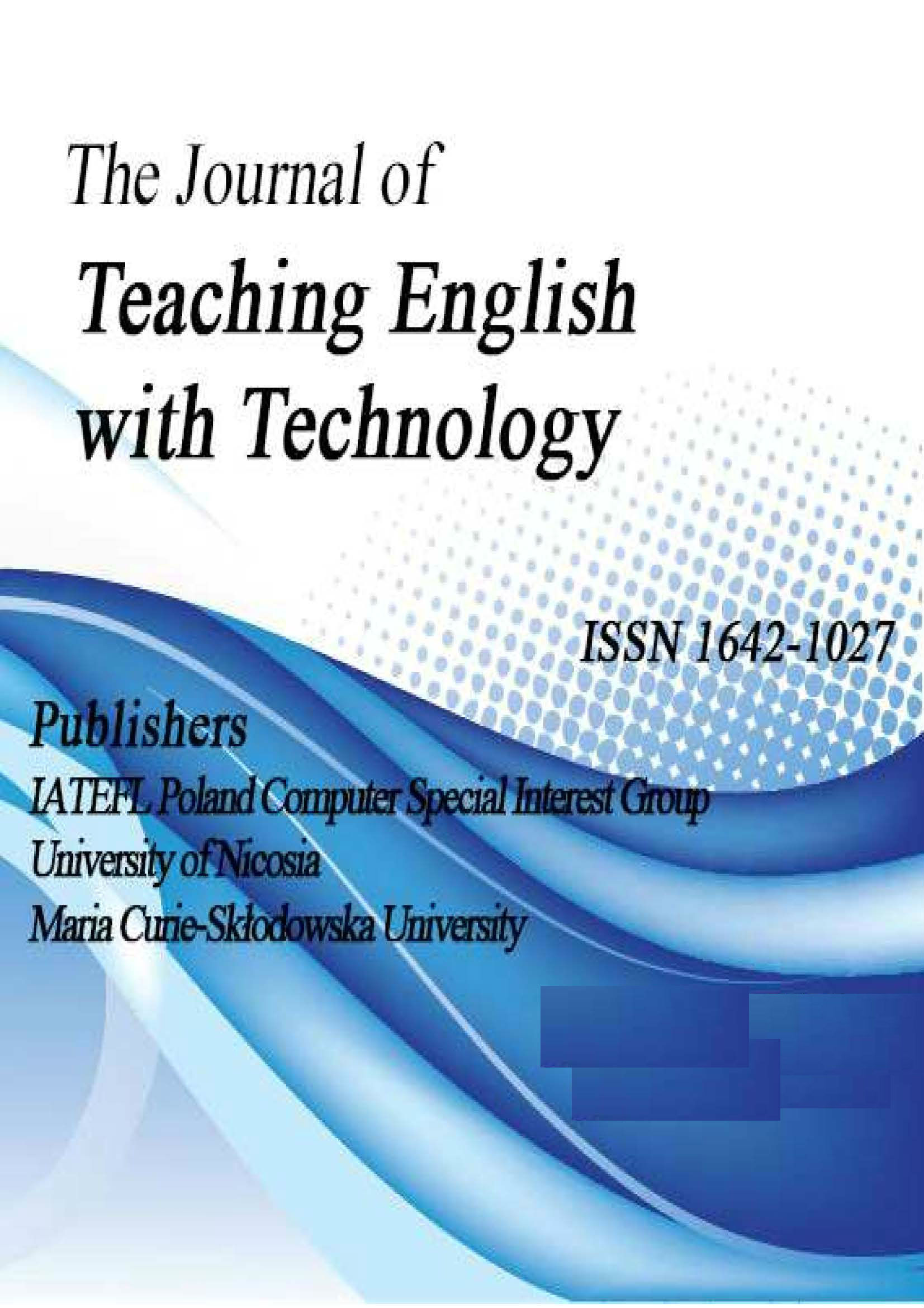ESP LEARNER SELF-GENERATED FEEDBACK AS A TECHNOLOGY-ENHANCED TASK
ESP LEARNER SELF-GENERATED FEEDBACK AS A TECHNOLOGY-ENHANCED TASK
Author(s): Anna Franca PlastinaSubject(s): Language and Literature Studies, Foreign languages learning
Published by: IATEFL Poland Computer Special Interest Group and The University of Nicosia
Keywords: Technology-enhanced feedback; screencasting; TBLL; Self-generated feedback; ESP
Summary/Abstract: In Higher Education, feedback is still largely implemented as an external teacher-centred practice, which has been found to be irrelevant in improving students’ language learning. This paper advocates that internal, or self-generated feedback, has a potential role to play in learners’ formative processes under the condition that it is implemented as a task-based activity enhanced by suitable technological tools. In an experimental study, learners were engaged in the task of creating screencasts, or digital audio-visual recordings, of oral medical reports for authentic professional purposes. The study surveyed the kind of knowledge restructuring processes learners activated as a result of self-generated feedback enhanced by screencast technology. It also sought to understand learners’ perceptions of the experience. Results show that learners used different digital tools for knowledge restructuring leading to readjustment of their initial performances. Screencasts were thus effective in heightened learners’ awareness of the gap between their current weaknesses and their expected goals and in taking necessary action to narrow this gap. Learner perceptions further recorded a positive impact of self-generated feedback enhanced by screencasts, suggesting major motivation and interest in learning.
Journal: Teaching English with Technology
- Issue Year: 15/2015
- Issue No: 2
- Page Range: 54-66
- Page Count: 13
- Language: English

